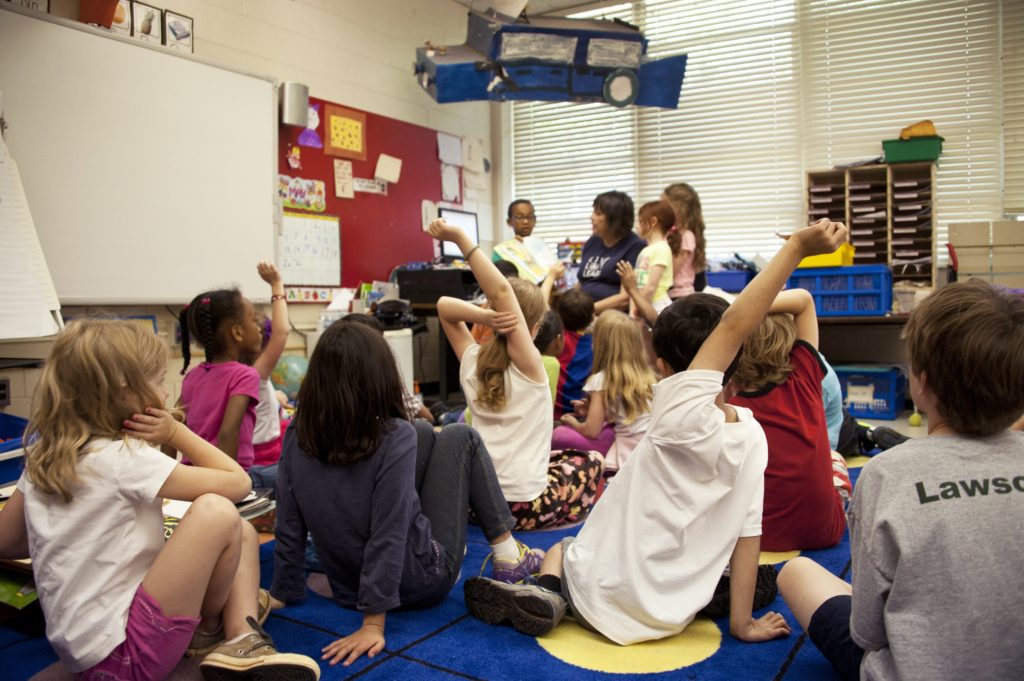By Chloe Ahn
Edited by Natalie Grace Sipula
[3 minute read]
Language plays an incredibly important role in forming connections with other people. This may seem like an obvious statement. To communicate with someone else, you need to have a shared language. However, not all languages hold the same weight in a conversation.
A person’s first language is not always the one they may prefer to use when creating a bond with a new person. This is especially true for bilingual speakers who grew up speaking more than one language. Although these types of speakers may have a dominant language that they tend to use in more day to day interactions, this does not mean that it is the language that they like to speak the most when it comes to socializing. In addition, they may have a certain language that they associate with certain people or places.

Growing up in predominantly white neighborhoods, I never really had the opportunity to use Korean outside of my home and as one of the few Korean students in my high school, I didn’t have any reason to use it with my friends either. Though I spoke mostly Korean with my parents, I had developed a habit of using English with them when we left the house because I had had negative experiences with speaking Korean in public. I would constantly get weird stares or the occasional dirty look from people who did not speak Korean. Eventually, I started to feel embarrassed using Korean with my mom or dad and stopped doing so.
This mindset changed with the onset of the pandemic. Since I was home all of the time, I began to use Korean more often than English. During winter break of my freshman year, I visited my grandparents in South Korea and was able to spend a lot of time with them. My negative associations with using Korean in public disappeared and I started to connect more positive ideas with the language. Korean is the language of my culture. It is the language that I use with the people I love the most. It is the language that allows me to spend quality time with my grandparents and other relatives who I do not get to see often because of the distance between us.

With this new perspective, I came to campus at USC for the first time this past fall semester. For the first time I had the chance to interact with and meet people who had the same cultural background as I did. I joined the Korean American Student Association (KASA) with the hopes of making new friends and was successful. Many of the close friends that I have today are people that I met through KASA.
That being said, not all of my friends are Korean and I do not think that you have to be the same ethnicity in order to form close connections with people. Rather, being able to speak Korean with the friends that I made in KASA helped me to open up to them sooner because of the associations I have with the language and my family. Having come from the East Coast, I was worried about feeling homesick and missing my parents and sister, but making these friends and being able to use Korean more in my daily conversations with them gave me a sense of comfort and was a reminder of home. Sometimes, you find comfort in a language other than the one that you speak most often, and it becomes a great way to form deeper bonds with others.
Featured Image by Mimi Thian on Unsplash
Chloe is a rising junior studying Health Promotion and Disease Prevention at the Keck School of Medicine with a minor in Business. She was born in South Korea but grew up in New Jersey. Aside from English, Chloe is conversationally fluent in Korean and is learning Spanish. Her involvements on campus include Dear Asian Youth, International Student Assembly, Innovative Design, and the Korean American Student Association. In her free time, Chloe enjoys watching movies, going shopping, hiking, and listening to music.







